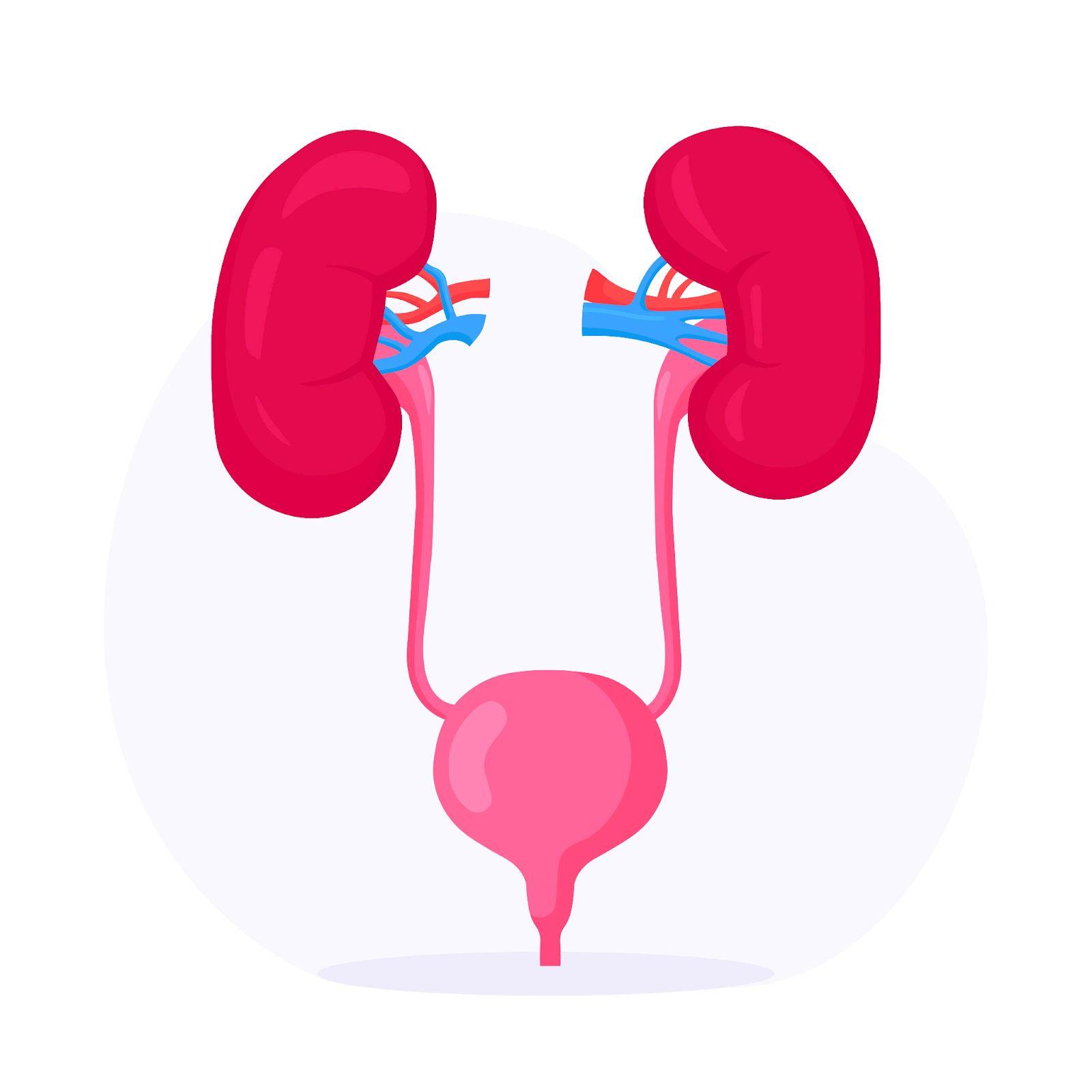A urinary tract infection, otherwise known as a UTI, is an infection that can affect any part of the urinary tract. Although they are mostly harmless, when left untreated, they can cause serious health problems.
How does the urinary tract work?
According to NIDDK, the urinary tract is the body's drainage system for removing urine, which is made up of waste and fluid.
The urinary tract consists of the kidneys, ureters, the bladder and urethra. And for urination to occur, all organs need to work together to function efficiently.
Urine is made in the kidneys, and transported through the ureters to the bladder. The bladder stores urine until it is emptied through the urethra, a tube that carries urine outside of the body.
A urinary tract infection occurs when a microrganism, most especially bacteria, enters the urinary tract through the opening of the urethra and multiplies.
UTIs often happen in the urethra and bladder, but can travel up to the kidneys through the ureter and cause one or both kidneys to become infected.
Risk factors
Women are more likely to contact UTIs because of their shorter urethra. This makes it easier for bacteria to enter the urinary tract and cause an infection.
Other factors that put people at risk include:
- Having a previous UTI
- Being sexually active
- Being immunocompromised
- Using a catheter
- Poor hygiene
- Having a condition that causes blockage e.g. benign prostatic hyperplasia (BPH)
- Age -older people are at an increased risk
- Pregnancy
Causes of UTIs
Normally, the urine is sterile and contains no microorganisms, including bacteria or fungi. However, UTIs occur when microbes, most frequently bacteria, get into the urinary tract and start to multiply.
UTIs are most often caused by a bacteria called Escherichia Coli, but can also be caused by:
- Proteus mirabilis
- Enterococcus faecalis
- Staphylococcus saprophyticus
- Klebsiella pneumoniae
Symptoms
When someone has a UTI, the lining of the bladder or urethra becomes irritated, causing the following:
- Pain in the lower abdomen, back, and sides.
- Pain or burning while urinating.
- Frequent urination.
- Abnormal urine color (cloudy urine) and strong or foul-smelling urine.
- Passing out a small amount of urine despite a strong urge to urinate.
Complications
When properly managed, UTIs are quite harmless. However, if they are left untreated, they can pose serious health problems. And complications include:
- Repeated infections, which means having two or more UTIs within six months or three or more within a year.
- Permanent kidney damage.
- A narrowed urethra in males due to having recurrent UTIs.
- Premature labour and birth in pregnant women.
- Sepsis.
Treatment
Antibiotics are usually the first-line treatment for both uncomplicated and complicated urinary tract infections. And most often, these come as pills or tablets which are taken for a period of a few days.
A healthy individual with a urinary tract that is anatomically and functionally normal has an uncomplicated UTI while a person is considered to have a complicated UTI if any of the following factors are present:
- Urinary tract abnormality
- Pregnancy
- Very young or elderly
- Comorbidities, such as diabetes
Kidney infections are also treated as complicated UTIs.
Prevention
You can prevent urinary tract infections by:
- Staying hydrated
- Urinating after sexual activity
- Minimizing douching, sprays, or powders in the genital area
- Maintaining good hygiene
- Teaching girls and ladies to wipe from front to back. Wiping from back to front can cause the spread of bacteria from the rectum into the urethra.
In conclusion, urinary tract infections are common and can cause discomfort and complications if left untreated. If you experience any of the symptoms listed above, seek medical attention promptly by speaking to a doctor on North. It is also important to practice good hygiene, and take preventive measures to reduce the risk and maintain overall urinary health.
